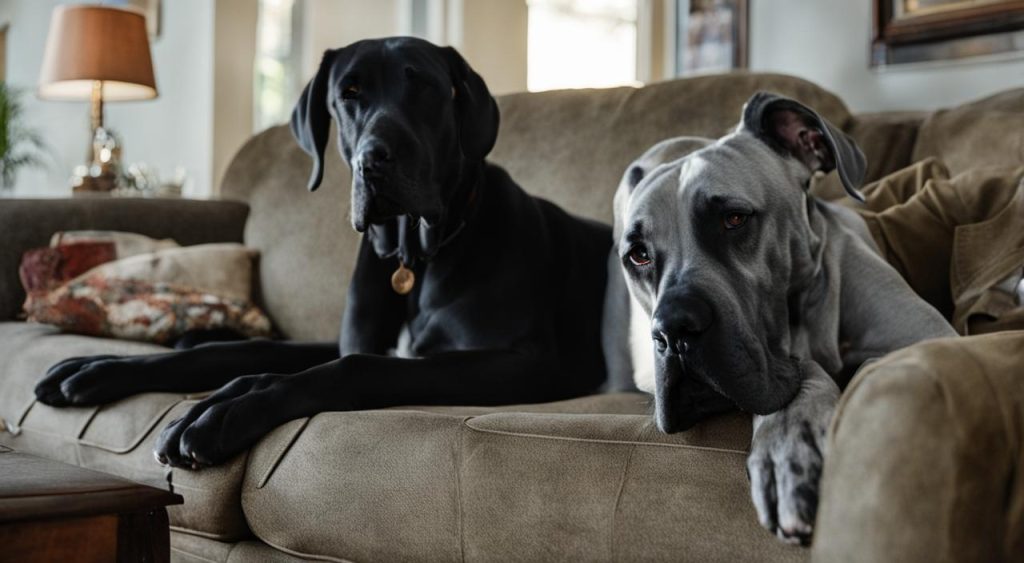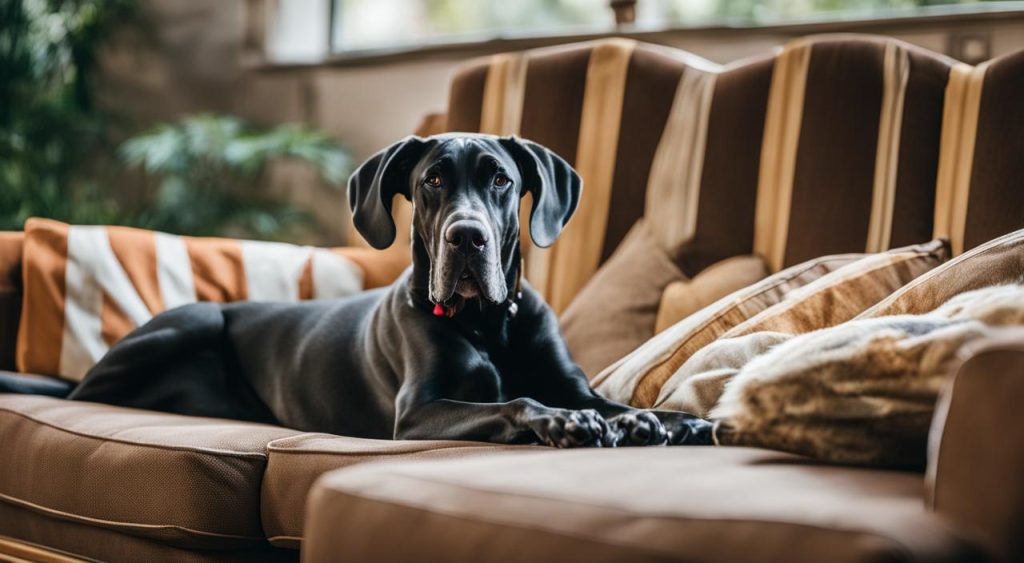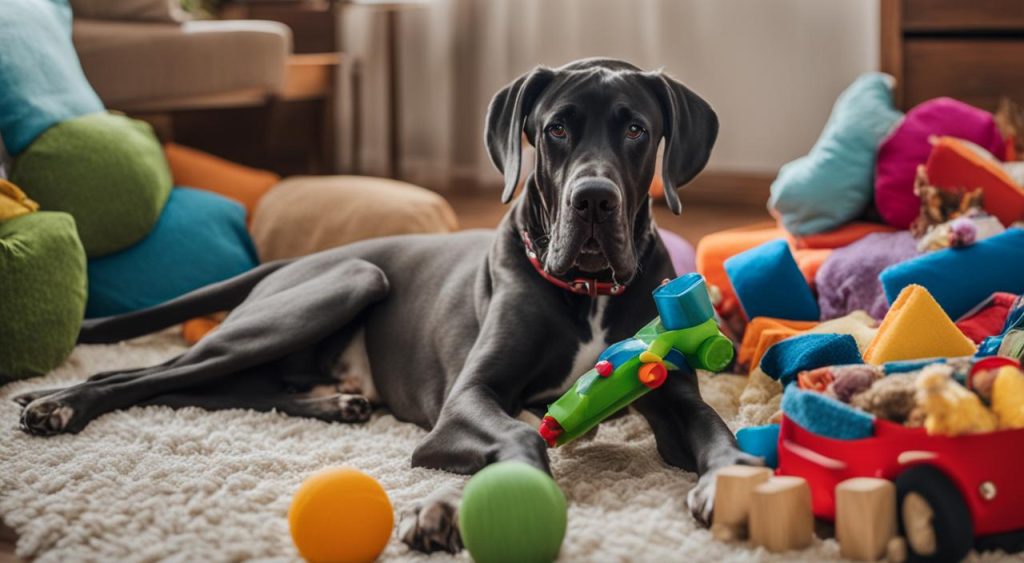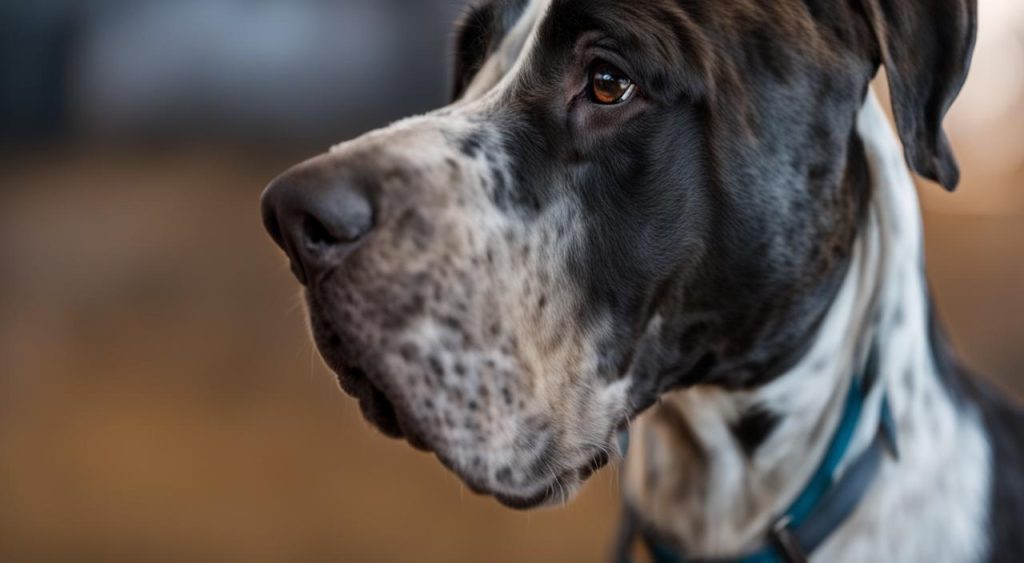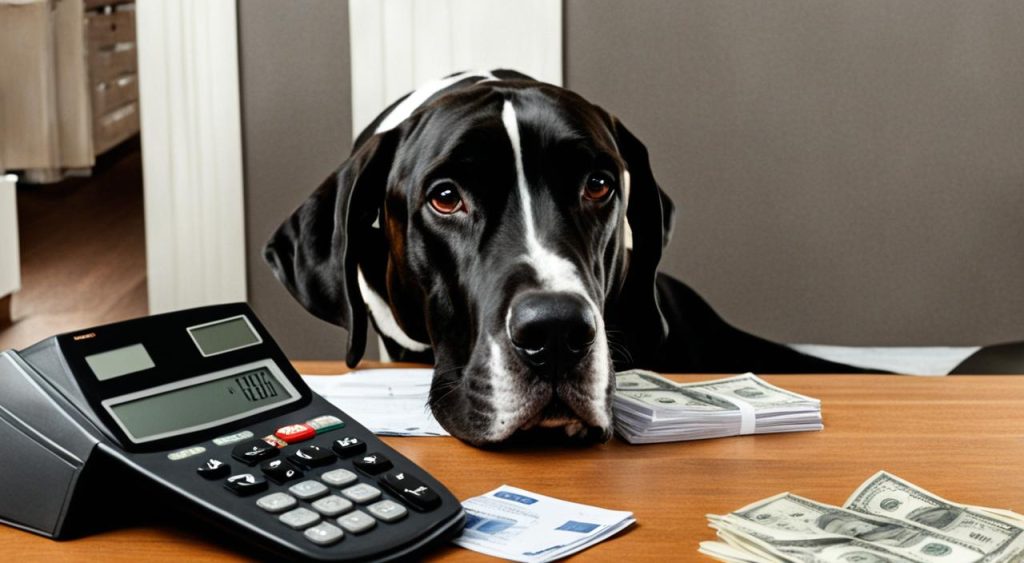Great Danes, with their imposing size and gentle nature, have earned the nickname “heartbreak dogs” for a poignant reason. While they make incredible companions, Great Danes have a relatively short lifespan of 8-10 years, which is shorter compared to smaller dog breeds. This shorter lifespan creates a profound emotional connection between owners and their Great Danes, making the eventual loss even more heartbreaking.
Owners of Great Danes often share stories of the profound impact these magnificent creatures have had on their lives. The bond formed with a Great Dane is often described as deeper and more intense than with other dogs, due to their gentle and loyal nature. Their immense presence and unwavering devotion make saying goodbye all the more difficult.
Despite the inherent heartbreak associated with Great Danes, many owners would not trade their time with these magnificent creatures for anything. The emotional connection forged with a Great Dane is a testament to their remarkable nature and the profound impact they have on our lives.
Key Takeaways:
- Great Danes are often called “heartbreak dogs” due to their shorter lifespan and the emotional bond formed with their owners.
- Their gentle and loyal nature makes the connection with Great Danes deeper and more intense.
- Owning a Great Dane can present challenges but the emotional rewards are immeasurable.
- Great Danes can also serve as emotional support animals, offering comfort and companionship to their owners.
- Despite the eventual heartbreak, the unique bond with a Great Dane is cherished and remembered for a lifetime.
History and Characteristics of Great Danes
Great Danes have a rich history that dates back over 400 years. Originally bred in Germany as a hunting and protective breed, Great Danes were highly esteemed by German nobility.
Over time, they became beloved companions and family pets known for their gentle and affectionate nature. Despite their size, Great Danes are often described as lap dogs, enjoying lounging around and being close to their owners.
Great Danes have a sleek and muscular physique, giving them a noble and regal appearance. Their impressive stature and elegant build make them an unmistakable sight.
However, their size and rapid growth can lead to certain health issues, such as hip dysplasia, gastric torsion (bloat), bone cancer, and heart disease.
Owners should be aware of these potential concerns and provide proper care and regular veterinary check-ups for their Great Danes. By keeping up with their health, owners can ensure that their Great Dane companions live a healthy and happy life.
Coping with the Loss of a Great Dane
Losing a pet, especially a beloved Great Dane, can be an incredibly difficult and heartbreaking experience. The deep emotional connection we form with our pets makes their loss feel like losing a member of our family.
It’s important to give yourself permission to grieve and process the emotions that come with the loss. Allow yourself to cry, reminisce about the happy times you shared, and acknowledge the pain you’re feeling. Remember that it’s okay to not be okay during this time.
Seeking support from understanding friends, family, or pet loss support groups can provide immense comfort. Being able to talk about your feelings with people who have gone through similar experiences can help you feel understood and less alone. They can offer guidance, empathy, and support as you navigate through the grieving process.
Creating a memorial for your Great Dane can be a beautiful way to honor their memory. Consider making a dedicated space in your home where you can display their photos, toys, and other cherished mementos. You may also create a photo album or scrapbook filled with memories of your time together. These tangible reminders can bring solace and allow you to keep their spirit alive.
While grief is a personal journey, it’s important to prioritize self-care during this time. Engage in activities that bring you comfort and joy, whether it’s spending time in nature, journaling your thoughts, practicing mindfulness, or seeking solace in hobbies. If grief becomes overwhelming and starts to affect your daily life, it may be helpful to seek professional help or counseling from a therapist who specializes in pet loss.
Remember, there is no right or wrong way to cope with the loss of a pet. Take the time you need to heal, and cherish the memories of your Great Dane. Eventually, the pain will become more manageable, and you’ll be able to find solace in the love and joy they brought into your life.

